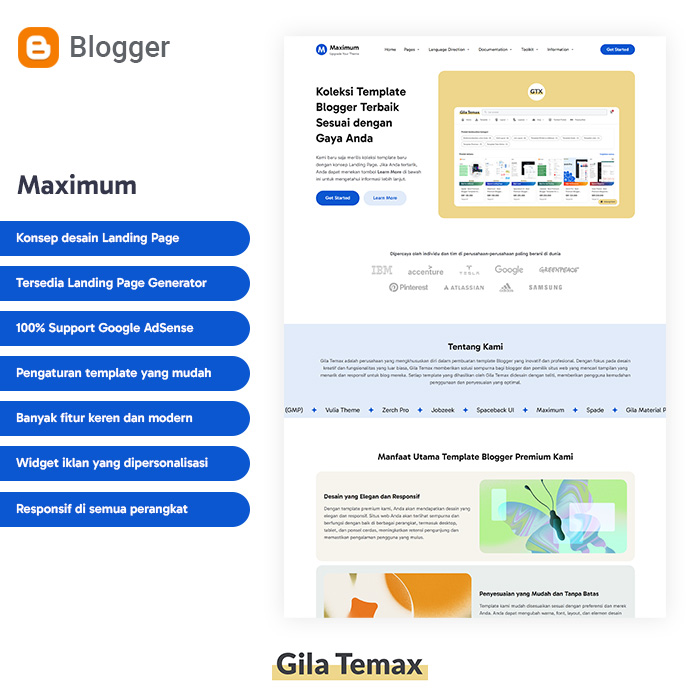What it takes to be a Senior IC at Meta
At Meta, senior individual contributors (ICs) are an important part of how we think about growing careers and building effective organizations in data science and data engineering. Senior ICs have made major contributions in analytics, including on past topics we’ve covered in this blog:
- Sending fewer notifications, to improve user experience and visitation
- Extending product-market fit measurement and data frameworks across the company
- Using experimentation meta-analysis to understand long-term product impact
People can grow as senior ICs in one or more of those archetypes. They’ll typically excel at a handful of skills more than others. No one’s expected to be amazing in every aspect of analytics at once. We encourage people to try out different types of teams and projects to get a feel for the intersection of strengths, interests, and important problems they can do their best work in.
There are other skills and strengths that cut across these archetypes — like communication, collaboration, and building internal community. It’s often rewarding to take on challenges that stretch beyond what comes most naturally, learning and growing by doing.
Expectations: what makes an IC role “senior”
Increased seniority goes hand-in-hand with higher responsibility, ambiguity, and complexity. These are dimensions that ICs can seek out and get experience on to hone their skills. Managers can identify projects with increasing levels of importance and difficulty for ICs on their teams to stretch into.
Responsibility
Senior ICs work on broader or deeper problems, at a larger scale, and with more critical outcomes at stake. On average, ICs will go deeper on their projects with more work they’re actively driving, compared to people managers. That requires effective analytical approaches, good collaboration with peers and leaders, and zeroing in on the most important priorities. It also includes teaching and mentoring more junior peers, so the team’s learning and growing.
Complexity
Senior ICs are often most needed when the problems are more complex — in terms of technical complexity, or in bringing data together across many different products and teams.
Complex methodology problems are a big part of the role for many senior ICs, especially in the more technically-oriented archetypes — for example going deep on a new modeling approach, re-architecting key data pipelines, or establishing the data foundation in a new product area.
There’s also complexity that’s more about the product ecosystems and teams. Those senior IC roles can be focused on turning critical, open-ended problems into structured analytical approaches to tackle with a group of analysts — for example, understanding and forecasting the effects of the pandemic across Meta’s apps back in 2020 and 2021. That can involve integrating insights from multiple product areas, and from other functions like user experience research.



















